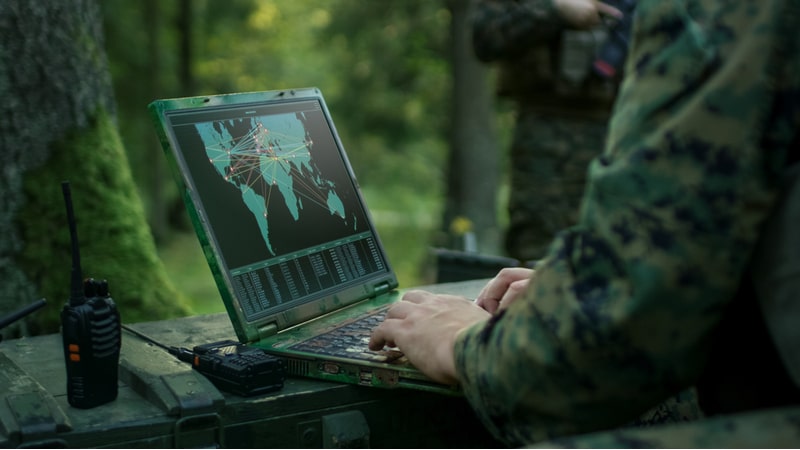
The shift to remote work forced by the coronavirus pandemic has helped the Army’s Combat Capabilities Development Command (CCDC) – a component of Army Futures Command – identify security gaps, and work to improve IT security for offsite personnel, said Col. Gregory Smith, Military Deputy to the Director of the CCDC, at an AFFIRM webinar Dec. 16.
Smith – who works in CCDC’s Data Analysis Center – said the department is trying to limit to the greatest extent possible work being done on personal networks. To achieve that mission, the Army has moved to install government-approved networks in employees’ houses.
“We are a data-centric organization,” Smith said at the webinar. “We employ a lot of data science, a lot of different [Artificial Intelligence and Machine Learning] on our own computer devices. And so, we have to make sure that we’re protecting that data, in any form, as best as we can.”
The undertaking is a major infrastructure investment, Smith said, but ultimately the goal is to limit or eliminate government work from being done on any personal devices, whether they be laptops or internet routers.
The pandemic has also given the Air Force an opportunity to push forward with some of its more tech-forward training program, said Air Force Chief Technology Officer (CTO) Frank Konieczny, at the same event.
He said those new wrinkles include using augmented reality (AR) and virtual reality (VR) systems to train the members of its Next Pilot program and engineers in their Flight Line of the Future program. Next Pilot allows the Air Force to train groups of pilots at the same time using AR and VR capabilities, thus cutting down on training time needed, Konieczny said.
Flight Line of the Future, he said, will allow the Air Force to gather information from engine performance AI and ML technologies to make predictive repairs, with the help of AR systems.
“That’s very important now, because [of] COVID, half the people are rotating back and forth on the bases, or they’re staying at home,” Konieczny said, “If they’re actually maintaining it, they’re rotating back and forth because you can’t keep everybody on the base now at the same time. So, specialists may be sitting at home and I want to be able to talk to them and have my junior mechanic understand what’s going on.”
